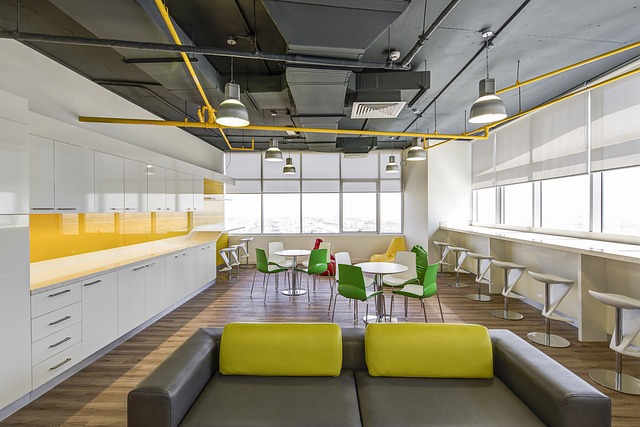Office Etiquette

Office Etiquette
Etiquette is not a commonly-used word these days and may become a scarce commodity in a world where parents, who are normally the teachers of good manners, are too time-poor to worry about such niceities, such as eating properly at a table in a restaurant or at home.
Etiquette is basically about good manners, the purpose of which is about being considerate of others and not negatively impacting them when we go about our daily lives.
There are now over 7 billion people on the planet and as most of us are concentrated in urban areas, there is a high likelihood that we will be in close proximity to others.
Most workplaces are fertile grounds for the demonstration of either good or bad office etiquette, particularly when there is an open-plan configuration, which is why we need to identify the factors which enhance workplace tone and those which detract from it.
A few helpful suggestions….
*Noise mitigation- talking quietly, turning off smartphone speakers, and using headphones to play music, can be helpful in reducing the distractions which inevitably come in an open-plan space.
*Basic courtesies- saying “hello and good bye, please and thank-you, sorry, excuse me and pardon me” are all simple, relatively easy things to do, but can have a powerful positive impact.
*Borrowing- minimising the need to borrow is best, but if necessary, returning the item in the same condition in which you found it and within a reasonable timeframe is desirable.
And this definitely applies to money- what often happens is that the borrower forgets but the lender doesn’t, and it can get in the way of good relating.
*Personal organisation- managing your time in order to respect the time of others by being punctual, or if you are running the meeting, making sure that it starts and finishes on time.
*Promises- honouring commitments and if you can’t, let the other person know in advance so that alternative solutions can be found.
Being polite and living according to a code of conduct which respects others is not a restriction on individual freedom, but rather the facilitation of a nicer environment for everyone.
Whether it’s table manners, or being a house-guest, sharing a house, or being a co-worker, it’s the little niceities that take us from being uncivilized, boorish animals into more pleasant behaviours, which are inherently less conflictual and more enjoyable to be around.
The Golden Rule still applies- “Do unto others as you would have them do unto you.”
